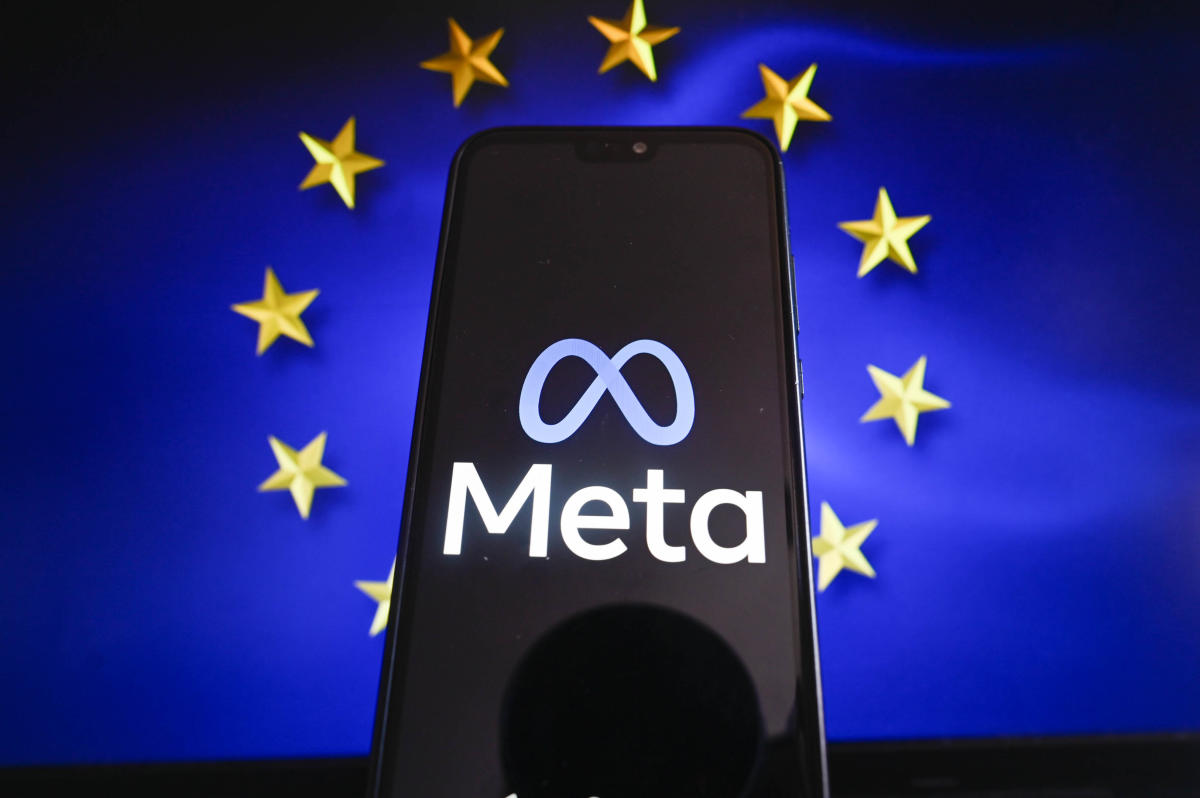Meta (META) fired back at the European Union’s decision to levy a $228 million fine against the social media giant, calling it an inequitable application of the bloc’s new competition laws.
“The European Commission is attempting to handicap successful American businesses while allowing Chinese and European companies to operate under different standards,” Meta’s chief global affairs officer, Joel Kaplan, said in a statement to Yahoo Finance.
The EU’s antitrust watchdog, the European Commission, on Wednesday said Meta breached a requirement under the Digital Markets Act to offer consumers the choice of a service that uses less of their personal data.
“This isn’t just about a fine,” Meta’s Kaplan added. “The Commission forcing us to change our business model effectively imposes a multi-billion-dollar tariff on Meta while requiring us to offer an inferior service. And by unfairly restricting personalized advertising the European Commission is also hurting European businesses and economies.”
Meta said it plans to appeal the decision.
Separately, the EU fined Apple (AAPL) $571 million under a different provision of the same law, claiming the iPhone maker failed to allow app developers whose apps are offered through the App Store alternative ways to make purchases.
NasdaqGS – Delayed Quote • USD
At close: April 22 at 4:00:02 PM EDT
META AAPL
US-based technology trade association Chamber of Progress, which advocates for major US technology companies, said the EU fines further strain US-EU ties.
“After companies have crossed every “T” and dotted every “I” in complying with the law, these fines prove that Europe’s aim all along was to single out American firms for punishment,” said Chamber of Progress CEO Adam Kovacevich.
“The Digital Markets Act has already created a digital curtain around Europe and turned Europeans into second-class digital citizens. It seems likely to further inflame a trade war.”
In 2023 EU regulators named six Big Tech companies — Amazon (AMZN), Apple (AAPL), Google (GOOG, GOOGL), Meta Platforms (META), Microsoft (MSFT), ByteDance — “gatekeepers” that would be held to a special standard under the antitrust law.
The law, which went into effect in March 2024, prohibits actions such as promoting their own products over other businesses that are using their platforms.
The DMA also makes it illegal to combine personal user data across their different platforms and to block app developers from allowing their customers to offer alternate in-app payment options.
The EU said as a gatekeeper, Meta’s advertising models for Facebook and Instagram failed to meet the law’s obligation to seek users’ consent before combining their personal data between the platforms.
